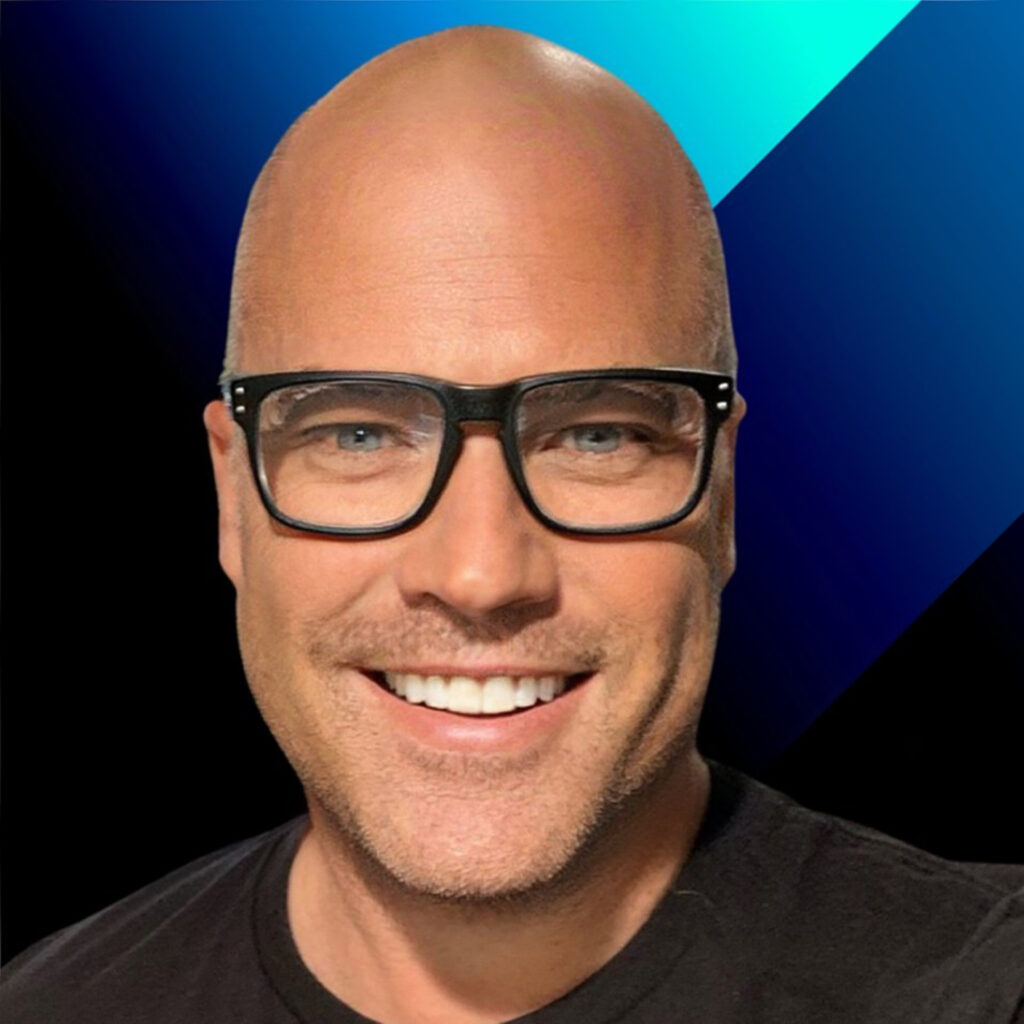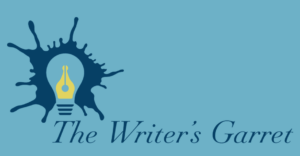Will Clarke

WILL CLARKE is the author of several works of fiction, including The Neon Palm of Madame Melancon, Lord Vishnu’s Love Handles: A Spy Novel (sort of), and The Worthy: A Ghost’s Story. Will holds an MFA in creative writing from the University of British Columbia and was named The New York Times Editors’ Choice and Rolling Stone’s “Hot Pop Prophet.” He lives in Dallas, Texas with his wife and family.
Will Clarke’s first novel, Lord Vishnu’s Love Handles, came out in 2005. Since then he has continued with 3 other novels, including his new book, Marigold, which is coming out this month, and is published by his own company, Middle Finger Press.
Q: How do you choose settings for your stories?
I’ve always thought of setting as a character, and when locations are interesting, it can become a place you can inhabit while you are working on a story for years. It’s always a challenge, right? It’s hard to know if you are doing a location or a local culture justice.
Q: How has your perspective as a storyteller changed over the years?
Hopefully, I’ve become a better writer. I don’t know if that’s true or not. But the goal has always been to inhabit the character critically. I write in first person narratives, so I want to create and inhabit a voice that’s distinctly not me, compelling and convincing enough that it sounds like its own character, in its own theme. I’ve tried to stretch myself. With each book I wanted to do something that I’ve never done before, and to create a character that was completely separate from any of my previous stories.
Q: What makes you laugh, and how do you bring that into your writing?”
That’s a really good question. I think it’s so hard to pinpoint humor, because once you start dissecting it, the joke falls apart. I typically just go with a voice and a character, and the character’s voice leads me, I don’t plan out gags or things throughout the book, I just put this character in situations.
I always try to have a mouthy character, a character that’s going to tell you too much, or overshare a little bit. And that makes for an easier narrator. … The honesty, the blood honesty of things, to me, makes the best comedy. And so I try to create characters like that, and when the funny bits come out, it’s because a character is being really honest about some type of painful situation. The rest goes on from there.
Q: What writers make you laugh? Whose comedy do you admire?
One of the funniest writers out today is George Saunders. I think he’s hilarious. He’s really good. Right now I’m reading A Swim in a Pond in the Rain. Fantastic. You know, I didn’t think I wanted to read a collection of Russian short stories. And it’s just unbelievably good.
Q. Do you think stories and storytellers can affect people’s ideas about each other?
Well, I think stories affect everything, not to get too philosophical about it, but we’re the only animal that tells stories. I believe that stories are the operating system of our brain. The stories we tell ourselves, about ourselves and about each other affect everything, even when the stories are fiction. Maybe they speak about an emotional truth to get us to reevaluate our own stories about ourselves and our community and how we relate to people.
Q: What about the ongoing relationship between the writer and the reader, after that writer brings a story to life?
One of the most interesting things about books is that they can become like people and have their own lives. They go out into the world, and people develop relationships with them that are independent of me. For me, the most important relationship is the relationship you have between the book and the reader, versus the author and the reader.
For instance, I have about a zero relationship with Kurt Vonnegut as a person, but his books and I have a tremendous relationship. As a reader, the book becomes mine in a way, independent from its relationship with the author.
And so my hope is that, if I did it right, the books are no longer just mine. That copy of the book becomes, their book, you know, and it’s their story, and they get to let the story live inside their head. They get to think about the characters and live inside that world for a while to get a little respite from what’s going on in the real world.
Q: Speaking of relationships with books, what are some of the books that you have re-read the most?
Oh, that’s a good question. I would say that my top five would be, my collection of Flannery O’Connor short stories, Slaughterhouse Five, Moby Dick, Don Quixote, and Dracula.
Q: What can you tell us about your new book, Marigold?
The idea for the new book came to me a few years ago, when it I realized that this frantic pace of hustle-and-grind economy was here for a while. A lot of things about our lives were becoming redefined, and one of the things that emerged was this kind of New Age, yoga-babble CEO. The more yoga-babble that was attached to a company, the better that company tended to do, right? All the way from Tesla to your local businesses, there were a lot of these kind of philosophical, mysterious Yoda-like statements made by these CEOs, and that was the thing that investors, employees, and customers wanted most.
And then all of a sudden, you see it start crashing down. You’re reading reports about Theranos founder and CEO Elizabeth Holmes re-stating the old, “There is no try, there’s only do.” And then you find out that the company was falling apart. (Her claims about revolutionizing the blood testing industry proved to be false)
And there were others, like Adam Neumann, with WeWork, who was well funded by SoftBank. Billions later, with a settlement and golden parachute, they parted ways. Again, just a bunch of yoga-babble. There was really no working business model on either one of those.
That’s where the idea for Krish McKinley came from, the CEO of a company that I call Wolf&Bees. They sell a spiritual technology, which is mostly Kundalini yoga, and sold as yoga pants.
I imagined this new company as a blend between SoulCycle, Lululemon, and Tesla. Take those three companies and push them together to make Wolf&Bees.
And I thought, who would be a foil to someone like McKinley? It would have to be somebody who was just as zealous and just as big of a believer in their own ideas as the CEO was, and that’s where the idea for Marigold Sunshine Whitaker came from. She’s a former inmate, a massage therapist who believes she talks to angels on a pretty regular basis, and they tell her to do things.
If you put those two characters together, locked in a story, it might be fun to see who comes out alive. That was the idea for Marigold.
Q: What else do readers need to know about you?
I think my point of view is that I’ve always written to entertain myself, and I hope that’s ultimately what my books do, entertain others. I’ve always admired people like George Saunders, Sarah Val, Kurt Vonnegut, and Mark Twain, writers who deliver work that’s really interesting, but has a moral arc to it, and they’re able to deliver it in ways that people don’t mind reading. In writing, I like to work through my own thoughts and explore ideas, and then if it’s useful or entertaining to others, then that’s great.
